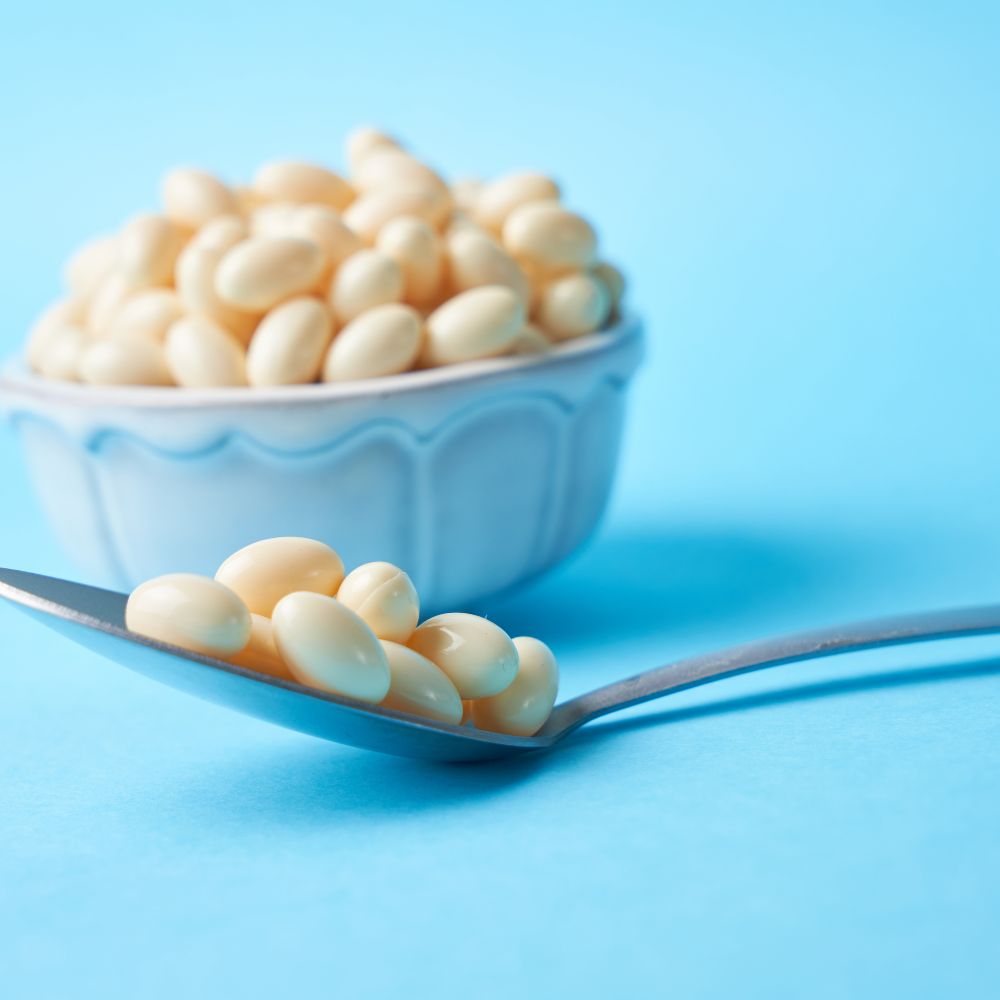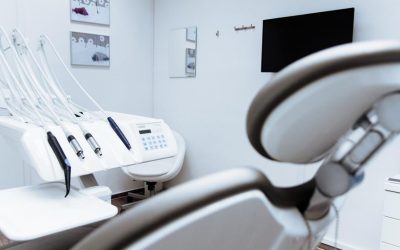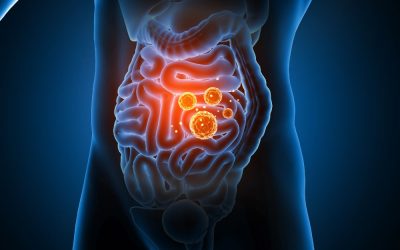Did you know about gut dysbiosis? It’s when there’s an imbalance in our gut bacteria that can affect our immune system and health. Our gut microbiome is important for keeping us healthy, and if it’s not balanced, it can cause serious problems. In this article, we’ll learn what gut dysbiosis is, what causes it, and its symptoms. We’ll see how it affects the immune system. Plus, we’ll explore ways to balance the gut bacteria for better health. Don’t worry if this sounds complicated. We’ll explain everything in a simple and clear way so that anyone can understand it, even if you don’t know much about gut health.
What is Gut Dysbiosis?
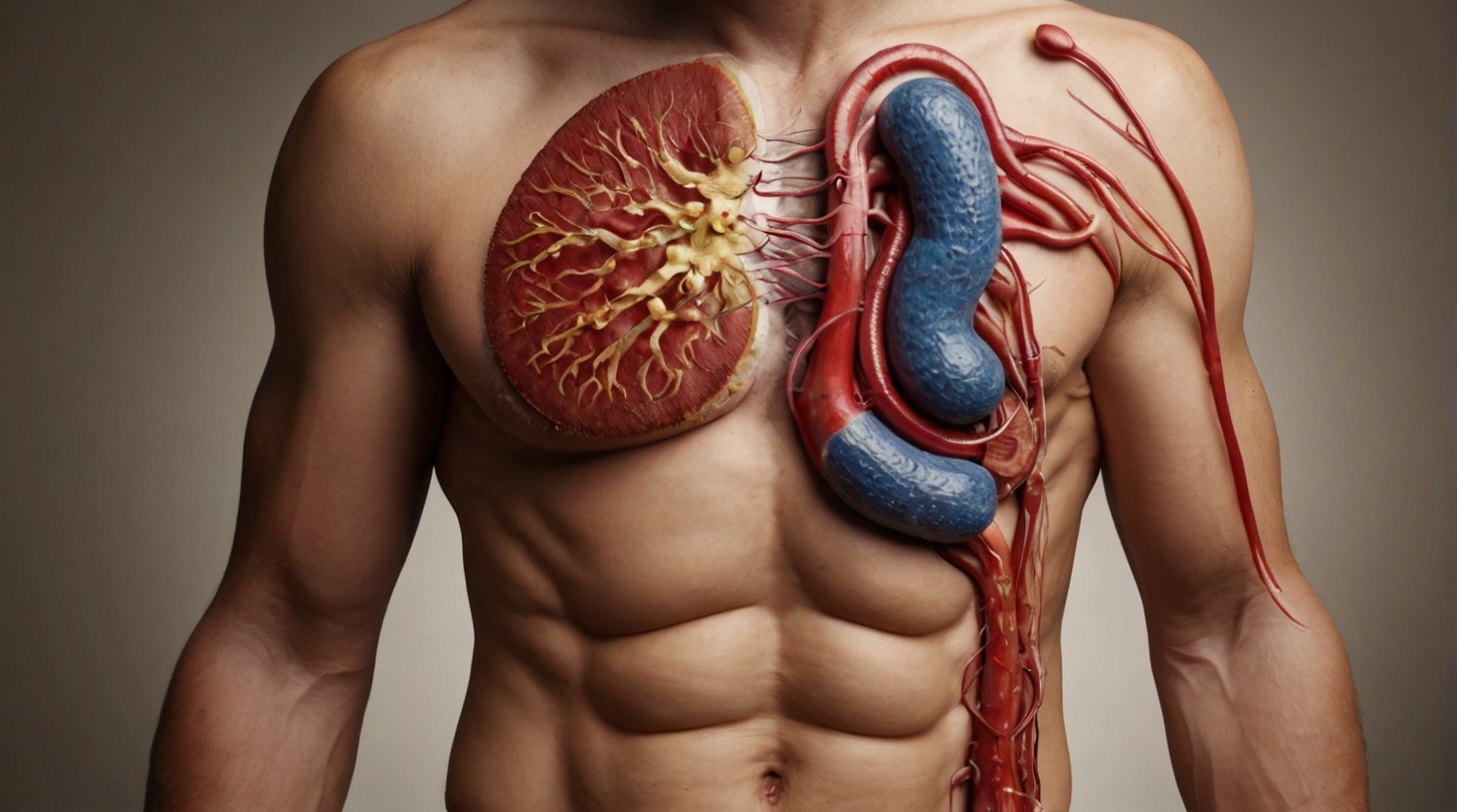
When the good and bad bacteria in our tummy get out of balance, it can cause a problem called gut dysbiosis. This can lead to issues like irritable bowel syndrome (IBS), inflammatory bowel disease (IBD), and food intolerances. You may feel things like tummy pain, bloating, gas, diarrhea, constipation, or changes in appetite.
To keep our tummy healthy, we can make some changes in our lifestyle. First, try to reduce stress, do more exercise, and eat better. Eating foods with probiotics, like yogurt and sauerkraut, can help good bacteria grow in our tummy. Taking probiotic supplements can also be helpful.
Eating a healthy diet with lots of fruits and veggies is important too. Avoiding processed foods and sugar is a good idea. Eating foods with prebiotic fibers is good too. Such as Jerusalem artichoke or chicory root can help our digestion and health when dealing with gut dysbiosis.
How Does Gut Dysbiosis Affect Immune Function?
When our body’s balance is off, it can cause problems. One of those imbalances is gut dysbiosis. It messes up our digestive health and immune system. Harmful bacteria in the gut can lead to inflammation and disease.
Probiotics can help restore balance and support our immune system. They have many benefits like helping digestion, reducing inflammation, and improving nutrient absorption. If you want to know more about your gut health, you can do microbiome testing. This testing checks your stool samples to see what’s going on in your gut.
It’s essential to keep our gut balanced for good health. We can do this by eating well and using supplements when needed. Taking care of our bodies helps us feel better and stay healthy for a long time.
The Role of the Gut Microbiome
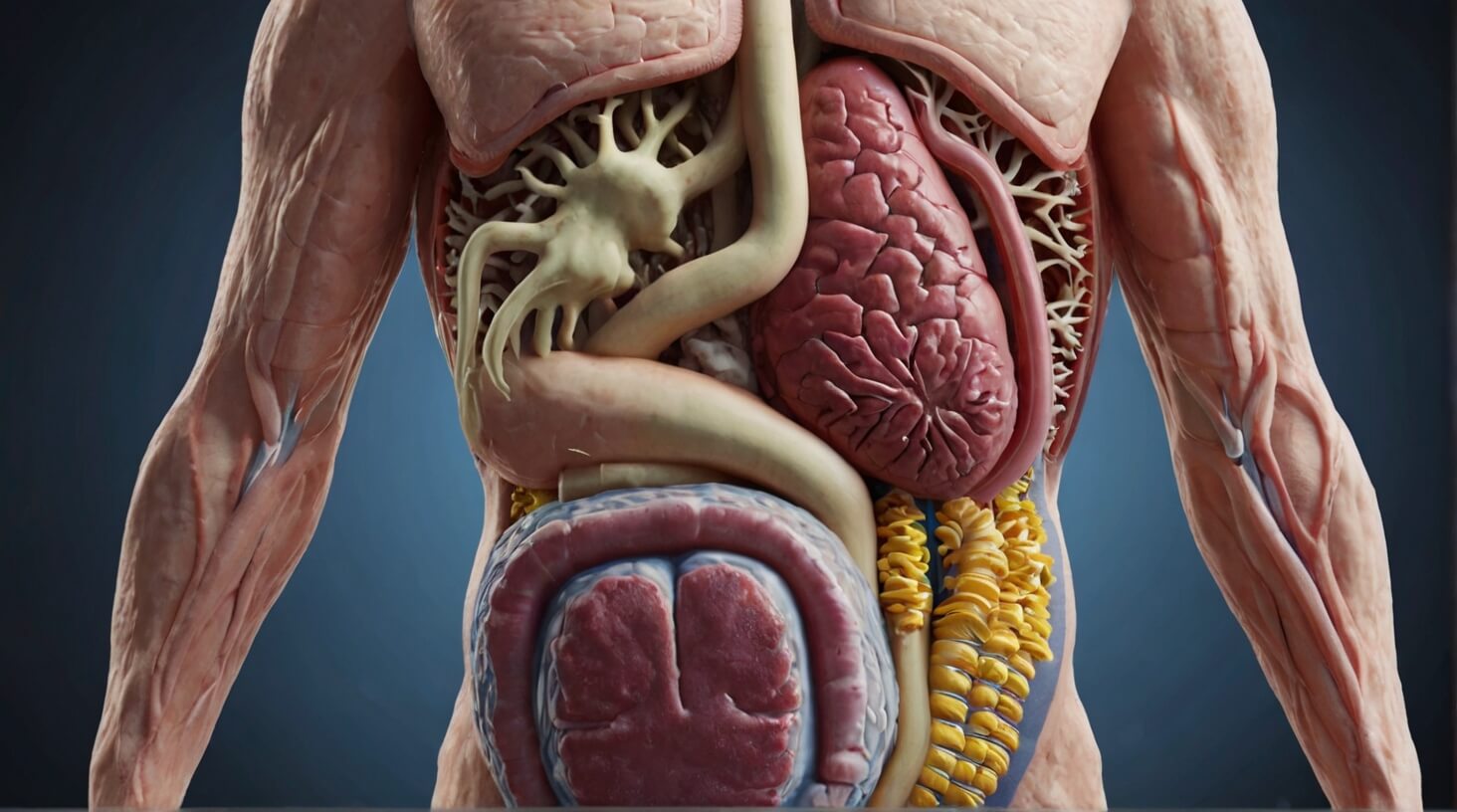
Our gut has lots of tiny living things like bacteria, fungi, and viruses called the gut microbiome. They have a big effect on our health both in physical and mental aspects. The gut can cause issues like inflammation, digestive problems, and other chronic illnesses. This is when there’s a problem and the balance of these tiny creatures gets messed up.
To keep our gut healthy, there are two important things we can do: eat good foods and take probiotic supplements. Good foods include fruits, veggies, fibers, and prebiotics that help the good bacteria in our gut. We should avoid processed foods with unhealthy stuff added. Probiotic supplements are like little helpers that bring good bacteria to our gut to restore balance.
Remember, everyone is different, so what works for one person might not work for another. It’s best to talk to a healthcare expert who understands how diet, lifestyle, and supplements can help your gut health and make a plan that’s right for you.
Causes of Gut Dysbiosis
Various things can disrupt our gut’s harmony, making us feel uncomfortable. One of the main reasons for this is our diet and lifestyle. Eating unhealthy foods can upset the delicate balance of the microbes in our gut. This can cause problems with digestion, our immune system, and inflammation. Processed foods, too much sugar, alcohol, and smoking are bad for our gut. Not getting enough fiber or having too much of one type of fiber can hurt our gut health.
The environment we live in can affect our gut health because of things like pollution or bad air quality. These things can mess up our immune system. Eating problems, taking antibiotics for a long time, traveling often, and being around different bacteria can also hurt our gut.
To restore balance in our gut, we need to be mindful of what we eat and how we live. Eating less processed food, more fiber, and avoiding alcohol and cigarettes can help. Doing regular exercise to relax and reduce stress is important too. Taking probiotics or prebiotics might also help, but it’s best to talk to a doctor first. By taking care of these things, we can start to feel better and be healthier.
Signs and Symptoms of Gut Dysbiosis
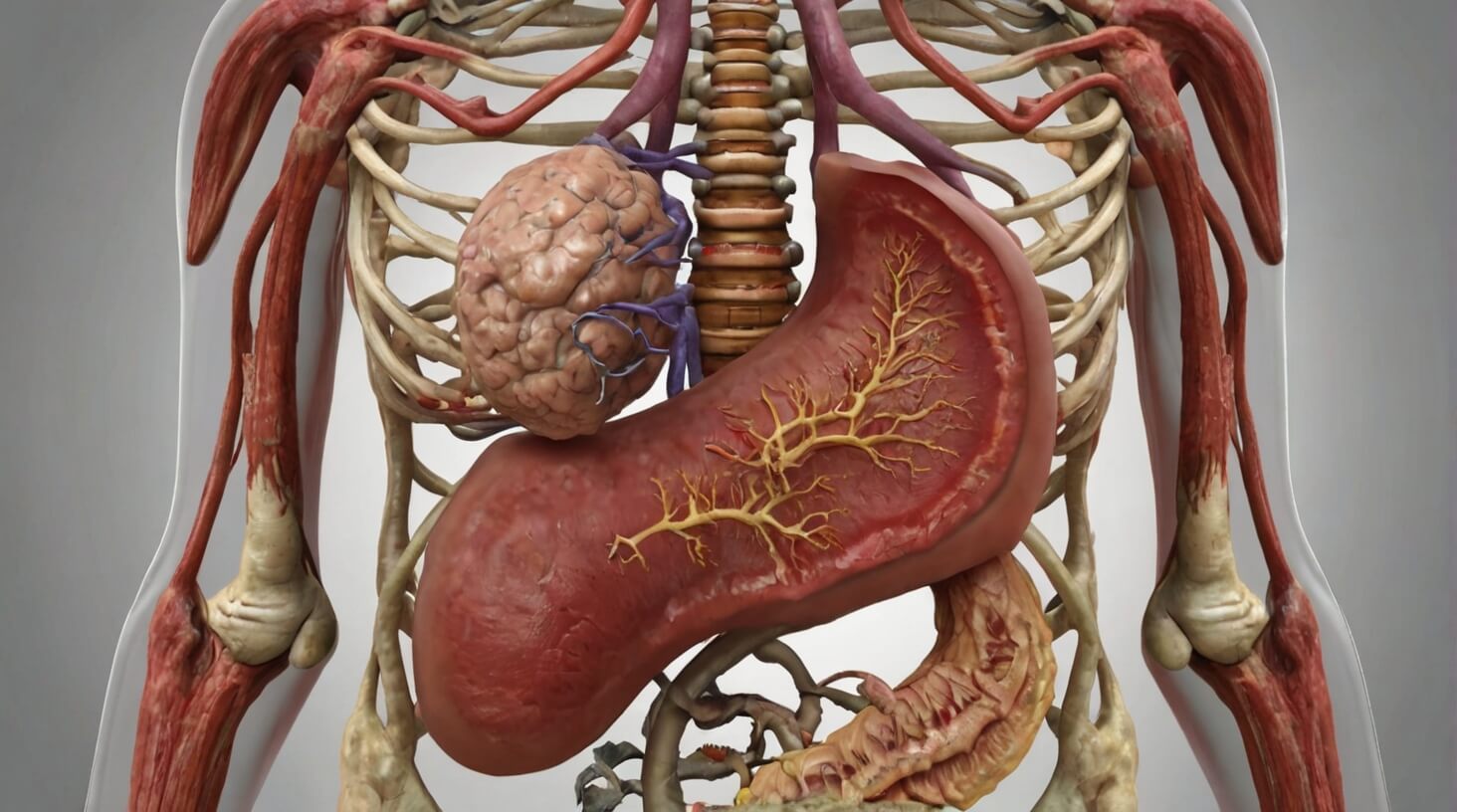
An unbalanced gut can cause problems like bloating, constipation, diarrhea, and nausea. It may as well lead to fatigue, acne, rashes, and mood swings. Leaky gut syndrome is when the lining of the small intestine becomes too porous. This lets harmful stuff leak into the bloodstream, causing inflammation and health issues.
Probiotic therapy helps fix the gut’s balance. Probiotics are tiny living organisms that promote good bacteria in our bodies. They fight bad bacteria, help with digestion, and boost immunity. Plus, they absorb nutrients better and reduce inflammation. They as well affect our mood in a positive way by making neurotransmitters like serotonin and dopamine.
To be healthy, we need to find a good balance of bacteria with probiotic therapy. It helps counter the negative effects of gut imbalance and inflammation. Always check with a doctor before trying any new supplements to make sure it’s right for you!
Treating and Preventing Gut Dysbiosis
Taking care of our gut health is important, and research shows that probiotic supplements can help. Up to 90% of people who take them say their digestion gets better.
Eating a balanced diet is crucial for a healthy gut. This means lots of fiber from vegetables and good fats from avocados and nuts.
Probiotics help us by replenishing the good bacteria in our gut that we lose due to a bad diet or antibiotics.
Prebiotics are another thing that helps our gut. They feed the good bacteria, and you can find them in foods like garlic, onions, bananas, and artichokes.
A “microbiome reboot” can be helpful too. It’s when you take out certain foods from your diet for 30 days and then put them back one by one. This helps you see if any foods are causing problems.
Our gut health has a connection to how well our immune system works. If our gut is out of balance, it can make our immune system too active, which can lead to getting sick more often. So, taking care of our gut can help us stay healthier.
Rebalancing the Gut Microbiome for Optimal Health
Taking care of your gut health is only the beginning. You need to keep working on it for a long time to stay healthy. But don’t worry, it’s not hard!
Start by taking probiotics on a regular basis. These tiny living organisms can do wonders for your digestion and immune system. They help bring good bacteria back into your gut and keep the bad ones away. Plus, make sure to eat more prebiotic foods like onions, garlic, bananas, and chickpeas. These foods give the probiotics the fuel they need to do their job and keep your digestion and immune system in top shape.
Making some lifestyle changes can also help. Try doing yoga or mindfulness meditation to reduce stress. Get enough sleep every night, drink plenty of water, and avoid processed foods as much as possible. All these things, along with regular probiotic use and a healthier diet, will help restore balance in your gut and keep you feeling great!
Take control of your health and work on building a community of good bacteria in your gut! With time and effort, you’ll see improvements in how you feel and think. No more bloating or constipation, only a happier, healthier you!
Frequent-Asked Questions
Are probiotics beneficial for restoring balance to the gut microbiome?
Probiotics are tiny living organisms found in your gut that can bring balance to your body. When you eat them, they increase the different types of microbes in your gut, which is good for your health. Probiotics can help your immune system and make you feel better. Studies show they can as well help with stomach issues like bloating or constipation, and skin problems like acne or eczema. Adding these helpful bacteria to your diet is a great way to support your body and stay healthier!
What are the long-term effects of gut dysbiosis?
When your gut bacteria is suffering from imbalance, it can hurt your health in the long term. You should learn about the things around you that might be causing the imbalance and change your diet if needed. When the balance of gut bacteria is off, it can mess up your immune system. This can cause issues like tiredness, digestion problems, and chronic illnesses. To fix it, you need to know how your diet and environment affect your gut and work with a health expert who knows about gut health and immune systems. Making healthy lifestyle changes can help you feel better for a long time.
Is there a connection between gut dysbiosis and chronic illnesses?
You know the saying “you are what you eat”? It’s more than a fun phrase! The food you eat can affect your gut health and how you feel. Scientists have discovered that when the bacteria in our gut are not balanced, it can lead to health problems. Results may lead to asthma, diabetes, allergies, and other issues. To help your gut stay healthy, try eating different kinds of nutritious foods. This can boost your immune system and make you feel much better.
Are there any lifestyle changes that can help prevent gut dysbiosis?
To avoid gut dysbiosis, you can make some changes in what you eat and start exercising. Swap processed foods for healthier options like fruits, veggies, nuts, seeds, and whole grains. Eat foods with probiotics, like yogurt and fermented veggies, to help your gut. Being active can improve your gut health and immune system. Exercise boosts good bacteria in your gut, keeping everything balanced. By making these changes, you can prevent gut problems and stay healthy.
Does age play a role in the development of gut dysbiosis?
As we grow older, our gut bacteria balance can get disrupted, causing gut dysbiosis. This means there are more bad bacteria than good ones in our gut, and it can affect our immune system. Age matters because our diet and environment change over time. When we get older, we tend to eat more processed foods and have more exposure to pollution, which can mess up our gut bacteria. Knowing how age affects our risk of gut dysbiosis is important for staying healthy throughout our lives.
Taking care of your gut health and immune system is super important. Even if you’re experiencing gut dysbiosis, you can still do something about it. Learn what causes it, look for signs, and take steps to fix your gut microbiome. This will make you feel better and healthier in no time. It only takes some effort, but we can all do it!

